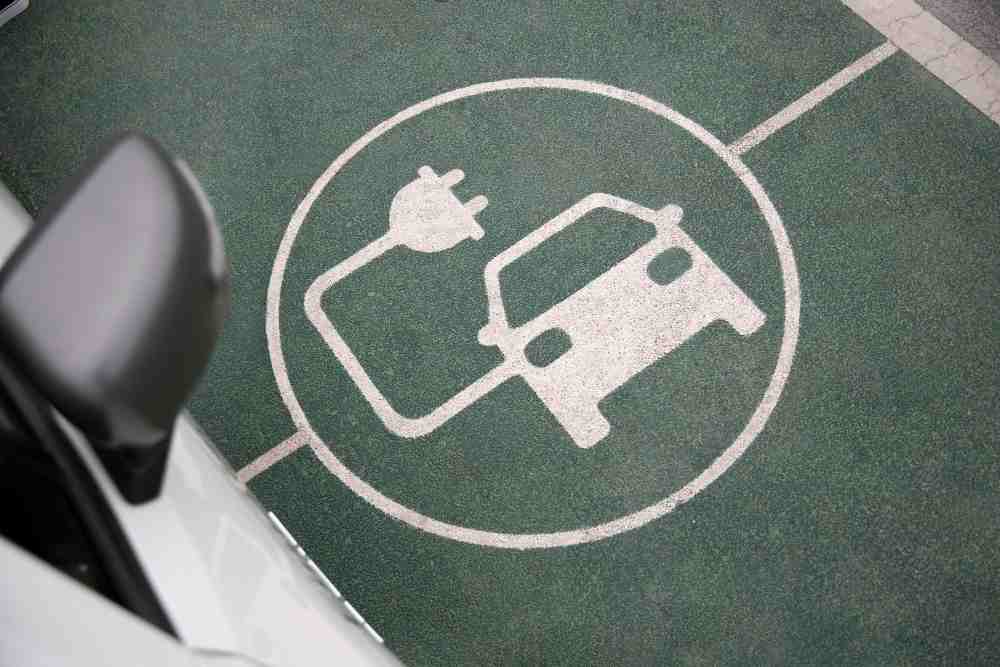Electric vehicles (EV) are the rage these days. If you want to lead a more sustainable life, switching to an EV is one way to do that. But did you know you can also get an additional benefit from purchasing an EV? Depending on the EV you purchase, you can actually get a tax credit. In today’s blog, we take a closer look at the electric vehicle tax credit: what it entails and how you can qualify for it.
What is the electric vehicle tax credit?
Taxpayers who buy plug-in electric or “clean” automobiles can get a nonrefundable EV credit. Nonrefundable tax credits reduce your tax bill. No tax liability means no refund.
The 2022 EV tax credit ranges from $2,500 to $7,500, depending on the vehicle’s weight, the manufacturer’s sales, and if you own the car.
The Inflation Reduction Act (IRA) introduced several amendments that mostly affect 2023–2032 cars. These include manufacturing standards, income limitations, and eligibility for specific vehicles.
New EVs can get a $7,500 tax credit, while used EVs can get up to $4,000, limited to 30% of the sale price.
How to qualify for the EV tax credit?
According to a list compiled by the US Department of Energy, 41 new vehicles from 14 automakers were eligible for at least a partial tax credit in 2023 before April 18, 2023.
Approximately half of the original list, 22 vehicles from seven automakers (Cadillac, Chevrolet, Chrysler, Ford, Jeep, Lincoln, and Tesla) now qualify for at least a partial tax relief.
According to the list maintained by the Energy Department, Audi, BMW, Genesis, Nissan, Rivian, Volkswagen, and Volvo automobiles are currently ineligible.
Those who want to purchase an electric car or truck and claim a tax credit but cannot find a vehicle they like on the extant list of qualifying new EVs have other, less restrictive options.
If the new EV you’re looking to buy isn’t eligible for the $7,500 tax credit, you may consider buying a used EV to take advantage of the $4,000 credit.
Here are some of the eligibility requirements for second hand EV buyers to receive the credit:
- The vehicle must be acquired from an authorized dealer.
- The minimum age of the model year must be two years.
- The sale price must be less than $25,000.
- It’s not available to companies, only to individuals.
- If a buyer’s annual income exceeds certain thresholds, they are ineligible for a credit: $75,000 for singles, $112,500 for heads of household, and $150,000 for married couples submitting a joint tax return. The purchaser’s income is assessed for the year in which they acquired the vehicle or the year prior, whichever is lower. These income limits are lower than the limits imposed on new EV tax credit.
Let us help you maximize the tax credits available to you!
With our tax planning services, we can help you take advantage of every possible tax deduction applicable to your situation. Talk to our CPA to learn more about the tax credits available to you! Schedule a consultation now.


